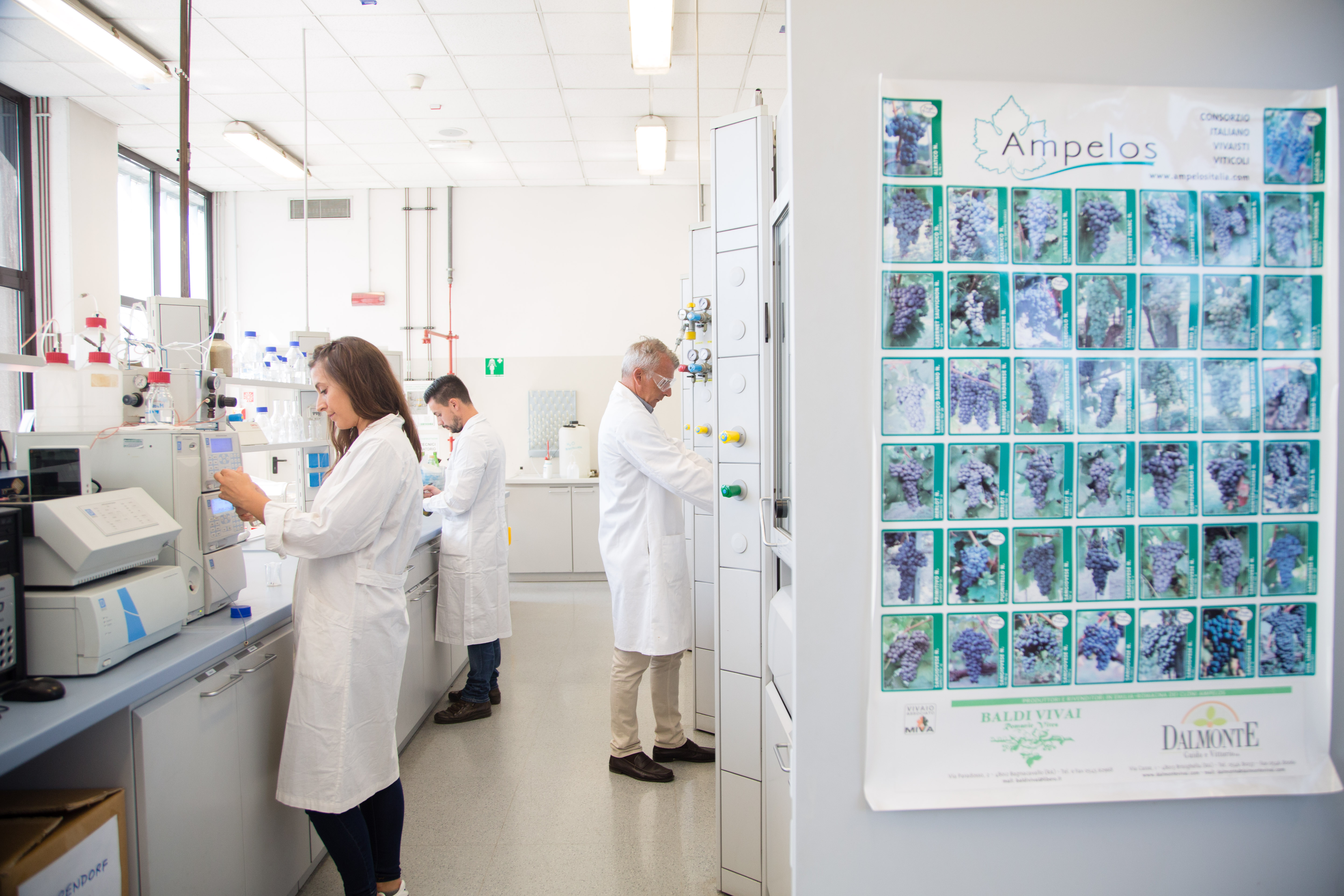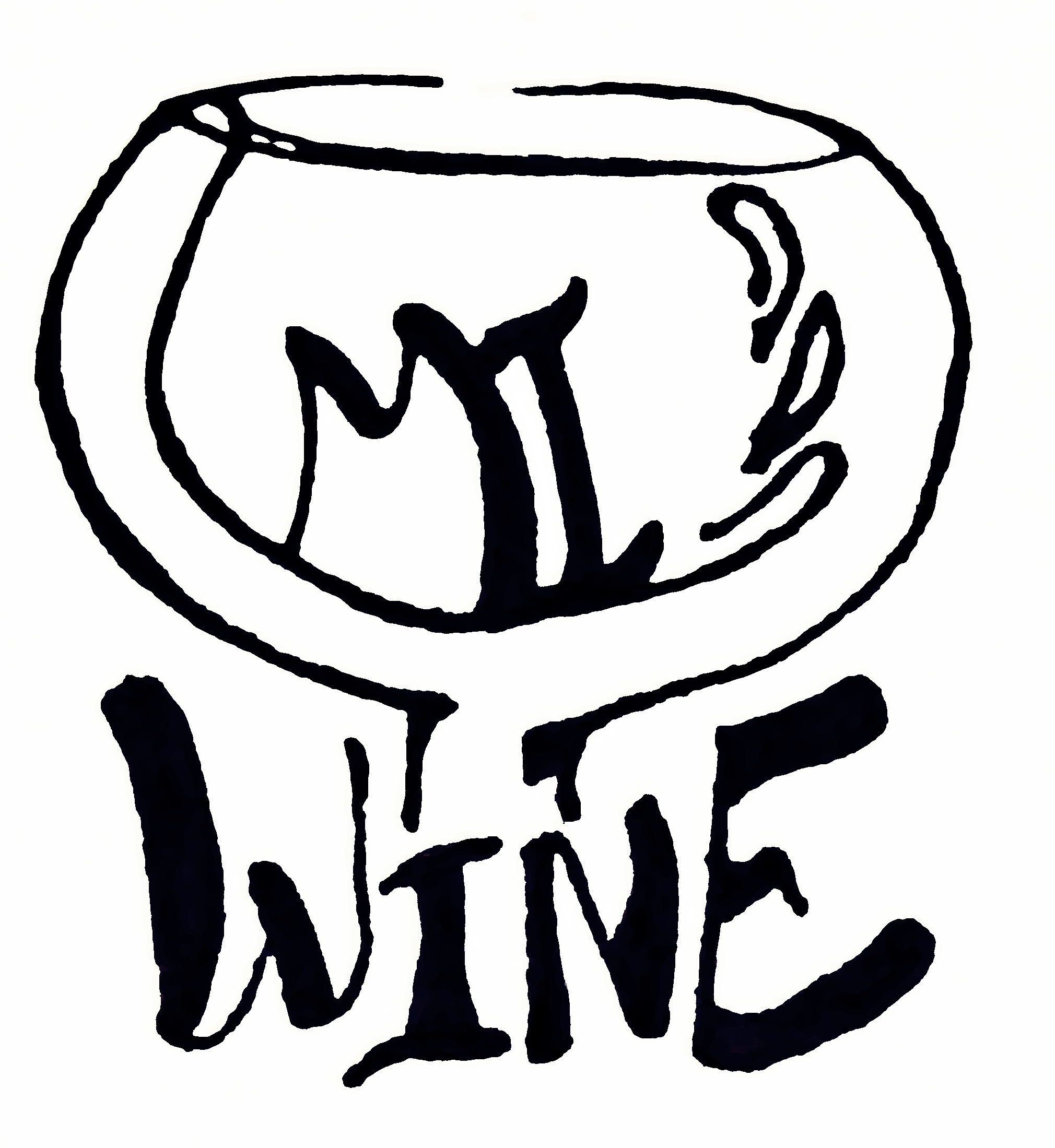Mild Innovative Treatment for Wine Stabilisation
Introduction
The MI-WINE aims to obtain a fast and cost-effective continuous process by using engineered high-performance material, which will be able to subtract metals and proteins, responsible for the main instability in wine, through a flow-system, environmentally friendly, able to stabilize wine in continuous and without waste production.
Background
The main critical issues in white wine production are protein instability (responsible for haze or unsightly sediment during storage in bottle) and oxidation (causing wine’s browning). To counteract the common approach is the addition of adjuvants and antioxidant. However, these actions have some disadvantages, as they require discontinuous processes with production of large volume of wastes, and possible allergenic effect related to sulfur dioxide addition, with limited preservation effect in long storage-bottled wine.
Main project activities
The current project pursues two objectives. The first objective is to advance the knowledge in ceramic materials (metal oxides) design strategies for adsorbing and removing typical contaminants responsible for the instability of wine and other organic beverages; a further, secondary objective, is to implement the aforementioned design strategies in a new resource-efficient process that improves the overall quality and nutritional value of organic wine and other beverages.
The first objective is pursued increasing knowledge on the mechanistic processes underlying the adsorption of specific chemical compounds (undesirable wine contaminants such as proteins and metal ions) on the surface of metal oxides, in form of mesoporous materials, submicrometric powders, nanostructured coatings. For this purpose the physical/chemical/electrostatic effects involved, the adsorption selectivity, the absorption strength and effectiveness, the desorption processes will be investigated. Based on mechanistic results, the secondary objective is pursued exploring manufacturing technologies to integrate the developed innovative material, with reduced processing time and costs, also entailed in the recovery or disposal of waste provided by batch treatment systems currently used in the food industry.

Expected results
As final outcome, the MI-WINE project will deliver a mild process lab flow-system that will be lab validated versus specific Key Performance Indicators (KPIs) such as the technical, economic, production advantages and social benefits, outlined in the impact section.
Keywords
Innovative technology, processes and services, waste management, organic product quality, consumer information, filtration/absorption technologies, need for filtration/absorption expert
Project consortium
Coordinated by:
- Giuseppina Paola Parpinello - UNIBO - Alma Mater Studiorum - Università di Bologna - Italy
Partners:
- National Reserach Council, (IT)
- DLR Rheinpfalz, (DE)
- Wrocław University of Environmental and Life Sciences, (PL)
Funding institutions:
- Ministry of Education, University and Research (MIUR)
